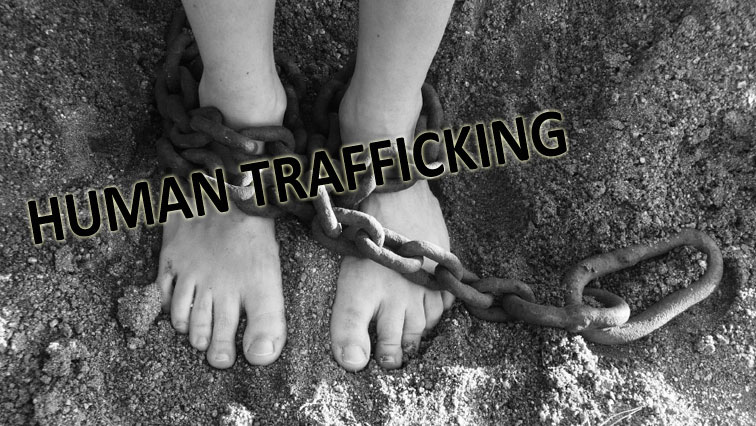East Africa, especially Kenya, remains the exit point for smugglers transporting Africans to the Middle-Eastern countries to be exploited in ways described as equivalent to modern day slavery.
This emerged during a webinar hosted by organised crime programme ENACT and the Institute for Security Studies.
The latest organised crime research, based on interviews with some of the people smuggled out of Africa to work in the Gulf-states, has revealed how many of them were forced to work long hours without any medical attention.
Some were physically and sexually harassed by their employers.
Three research reports released by ENACT show that the modern migrant smuggling industry is a multi-million global business.
And despite efforts by African states to curb this illegal practice, many gaps still enable trafficking and smuggling criminal networks to carry out this trade in human beings.
Nairobi-based Researcher at ENACT Mohamed Daghar says: “Increasingly we are seeing that Kenya is becoming the headquarters of these countries. We are seeing Burundians, Rwandese, and Ugandans who are using Kenya as a getaway to some of these countries. And also the increase and expansion of local criminal networks that continue recruiting some of these people all the way to these countries”.
Low-level smugglers
According to the research reports, of the world’s 30 million migrants, majority of them enlist the services of smugglers.
Most of the smugglers are low-level operators, who often come from the same community as their clients, making the industry a key source of income and community resilience.
ENACT Senior Analyst Lucia Bird says the approaches of states in dealing with human smuggling can be detrimental.
“In addition to the trend that I have already mentioned regarding the use of mandatory minimum sentencing framework which risks disproportional harm to the low-level smugglers that are usually convicted; there are a couple of concern trends. One is the incorporation of smuggling offences in trafficking legislation. It’s most damaging because it reflects and promulgates the confusion between trafficking and smuggling and encourages similar penalties between the two offences…Secondly one of the pillars of Smuggling Protocol is to protect migrants. There’s an explicit prohibition on the prosecution of migrants for using smugglers services but unfortunately, this is commonly excluded in the national legislation. Only 9 of the 22 states that criminalise smuggling that I identified in my research in Africa actually include this prohibition”.
Mobile money and links to organised crime
While mobile phones have enabled many of the previously unbanked Africans to access banking services through their cellphones, this has also brought undesired consequences.
International Criminal Police organisation (INTERPOL) has been looking at the use of the so-called mobile money and its links to organised crime in Africa.
According to Interpol, there are presently 153 mobile money service providers active in 45 African countries with over 350-million active accounts involved in transactions worth over $300-billion US-dollars.
Regional Crime Analyst for East Africa’s INTERPOL John Broome says this helps criminal syndicates involved in human trafficking and smuggling operations.
“Organised crime groups are encouraged to effectively go international. They do this by engaging with illicit markets in other countries and regions that were previously out of their reach. These might be drugs, wildlife commodities or access to migrant source countries for purposes of human trafficking and people smuggling. Mobile money services offer significant opportunities to launder money away from its source”.
Broome says the lack of robust identity checks to verify users coupled with a need for greater law enforcement resources and training on mobile money-enabled crimes have created a financial system distinctly vulnerable to criminal infiltration.
However, he emphasised that they work with their African counterparts to address this.
Head of Labour, Employment and Migration Department of Social Affairs at the African Union Sabelo Mbokazi says the continental body has formulated policies to help deal with the scourge.
“Africa is establishing what is called the Continental Operations Centre in Khartoum. This will be a centre that is going to collect data across the continent and share with the AU member states who will then formulate policies that will be able to combat effectively the scourge of human trafficking and smuggling of persons. These policies will be ready by the end of this year and will be validated in 2021”, says Mbokazi.


